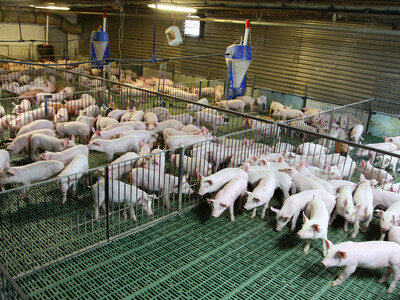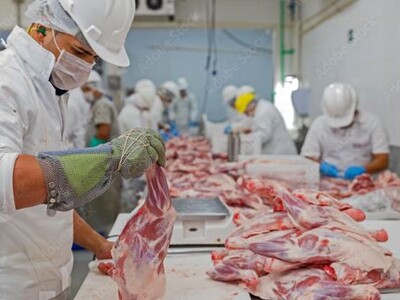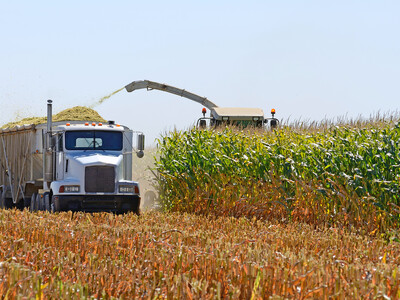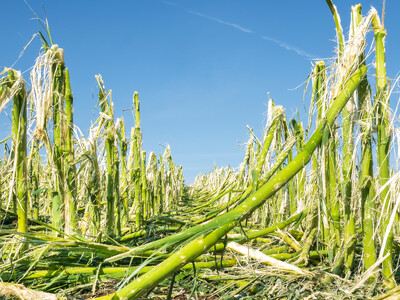Death and Taxes
Death & Taxes. I’m Greg Martin with today’s Line On Agriculture.
We have all heard that there are only two sure things and those are death and taxes. One of those taxes in particular deals with death and a lot of people think it’s unfair with disastrous results. A bipartisan group of Representatives has filed legislation to permanently repeal the estate tax - commonly known as the death tax. Kevin Brady of Texas says he wants to bury the death tax once and for all.
BRADY: This is one of the worst parts of our tax code. Can you imagine working a whole life to build up a nest egg or a family business only to see Uncle Sam swoop in and take more than half of it upon your death. The death tax is still the number one reason family farms and businesses in America aren’t passed down to the next generation. It’s a wrong tax, it’s a wrong time and it hurst the wrong people.
Brady says the tax is consistently ranked as the least fair, most unpopular tax in America - with a vast majority of Americans believing it should be repealed. Mike Ross says it’s not hard to see why.
ROSS: I think most American’s agree that since we pay taxes all our lives it just doesn’t make sense to be taxed again when we die. Simply put I believe the death tax is unfair and punishes those American’s and work hard all their lives just so they can pass down their family business to the next generation when they die. Our small businesses, farms and farm families are leading the way in private sector job growth which is the only way we’re going to pull through this economic recovery and sustain that growth in the long-term.
In fact - according to Brady - an economic study has shown that ending the estate tax would provide a 119-billion boost to the economy. While the current five-million dollar exemption was welcomed by those in the agriculture industry late last year - farm groups like the National Cattlemen’s Beef Association and American Farm Bureau Federation support the full and permanent repeal of the death tax. Ross notes the current exemption will expire in less than two-years - which results in uncertainty for families and makes it difficult to do estate planning. And perhaps more importantly - he points out that farm and ranch assets consist mainly of land, buildings and equipment.
ROSS: You know a lot of these folks, they’re worth a lot of money on paper but the actual amount of money they have in their checkbook, it doesn’t come anywhere near what it would take to pay the estate taxes when they doe. Therefore they’re forced to sell either a small business or family farms.
That’s today’s Line On Agriculture. I’m Greg Martin on the Ag Information Network.

















